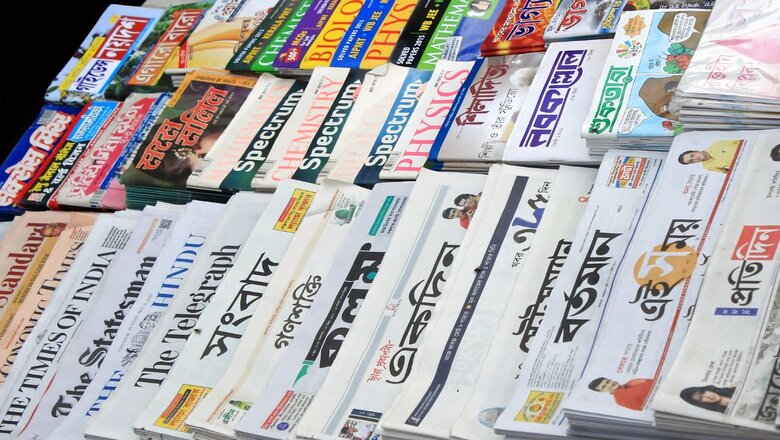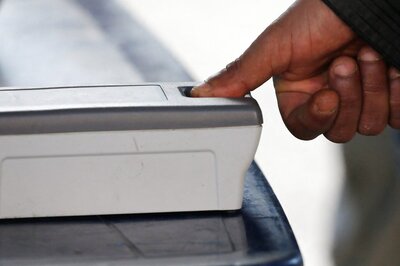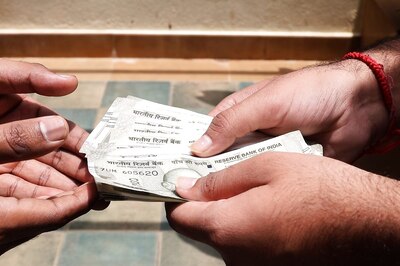
views
Parliament is the temple of democracy and parliamentary procedures the rites by which the will of the people is translated into practice. But the terms and jargon involved in Lok Sabha and Rajya Sabha processes can be difficult to grasp. The News18 series, House Talk, brings you a ready reckoner to make sure that none of it is Greek to you.
As the Monsoon Session of Parliament progresses, the Centre plans to introduce a bill to replace the 155-year-old Press and Registration of Books Act with a simplified version that decriminalises various provisions and brings digital media under its ambit.
The Press and Registration of Periodicals Bill, 2022, seeks to replace the Press and Registration of Books (PRB) Act, 1867, by decriminalisation of the existing Act, keeping the procedures of the extant Act simple from the view point of medium/small publishers and upholding the values of Press Freedom, a government communication to the Parliament read.
The government had first released the draft Press and Registration of Periodicals Bill in 2017 that sought to ease the process of registration of newspapers and dispense with the penal provisions under the PRB Act.
The PRB Act has provisions to impose a penalty on publishers for not printing the name of the printer in the newspaper or periodical or not making a declaration before the magistrate about operation of printing presses.
The proposed Bill has provisions to set up a press registrar general and bring the digital media in its ambit. The 2019 draft bill had defined news on digital media as news in digitised format that can be transmitted over the internet, computer, mobile networks and includes text, audio, video and graphics.
The 2022 bill is likely to consist of a larger vision of the government to bring unregulated digital platforms under a three-tier grievance redressal system. Digital media houses will be required to register themselves with the Press Registrar General, which is not a necessity at the moment.
The proposed RPP Bill 2022 would enable the government to act against digital publications that are in violation and will empower the government to further impose penalties and suspend such digital publications.
Not all are impressed
There was some criticism over the move which was seen as trying to control digital media which, so far, has not seen strong regulations. The Centre decided to shelve the draft Bill at that time but it has now been revived.
On Monday, Day 1 of Monsoon Session, the National Alliance of Journalists (NAJ) and the Delhi Union of Journalists (DUJ) issued a joint press statement, asking MPs to ensure that “draconian laws proposed to control the digital media are not passed”.
The statement said the increasing curbs on independent journalism and wide-spectrum digital news media are “ominous” and “reflective of a permanent state of emergency”.
Read all the Latest News and Breaking News here

















Comments
0 comment